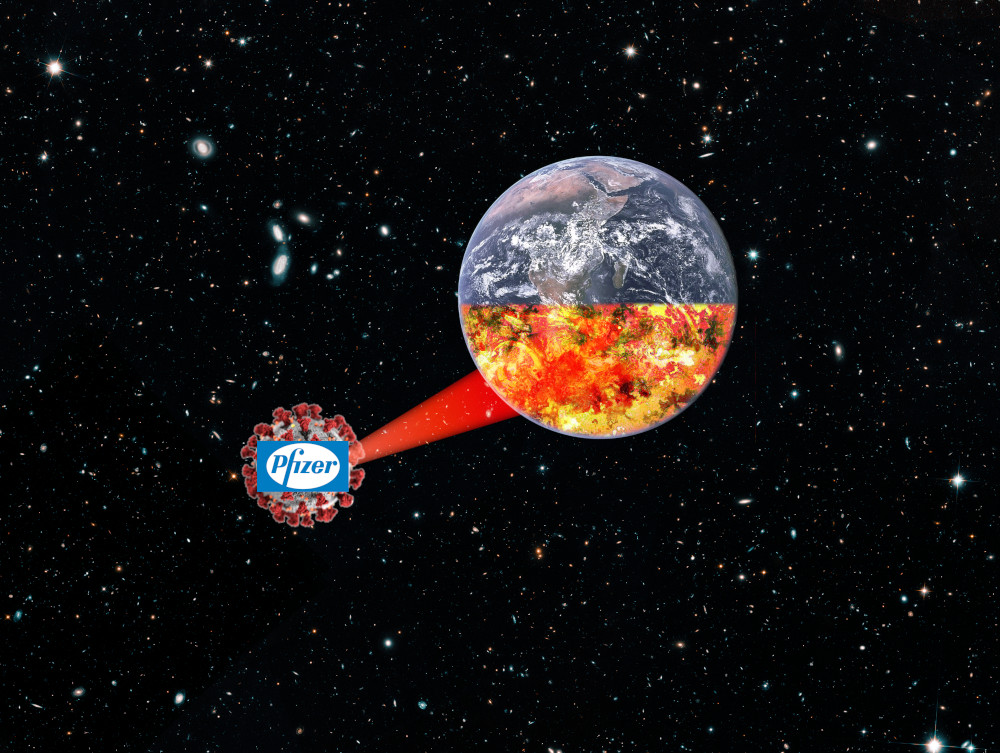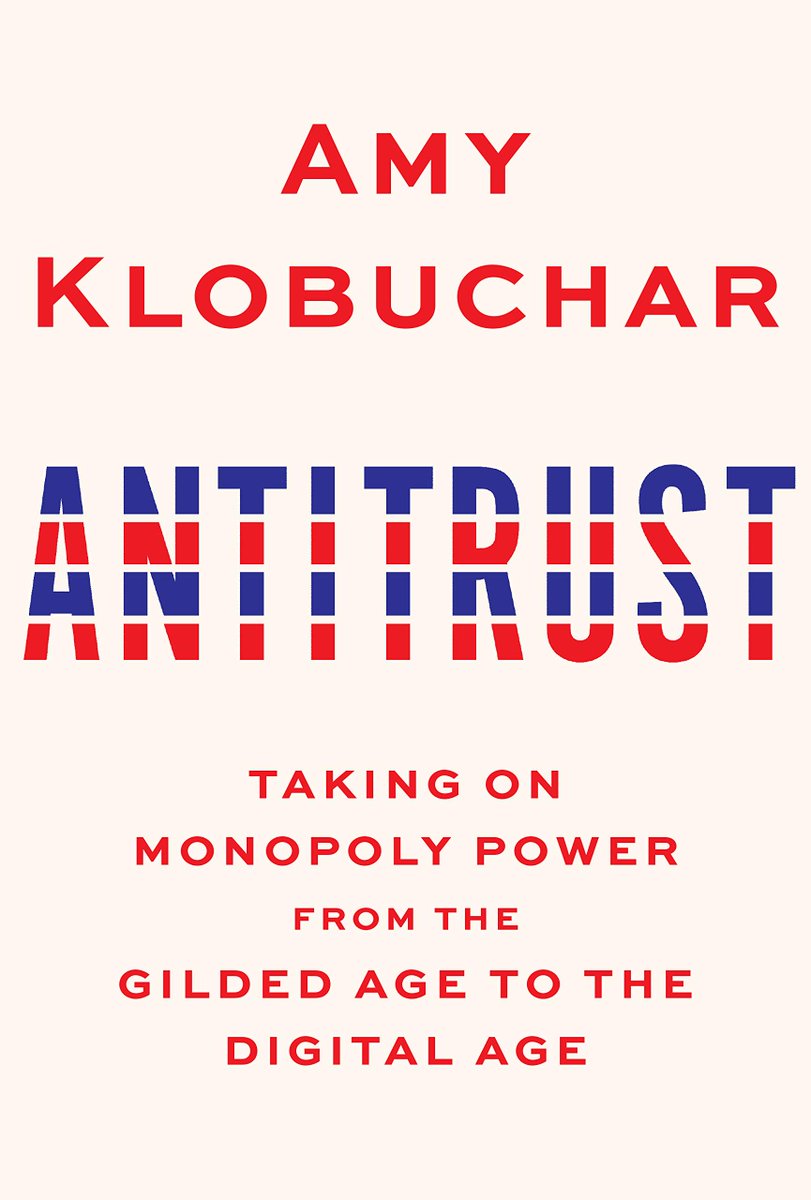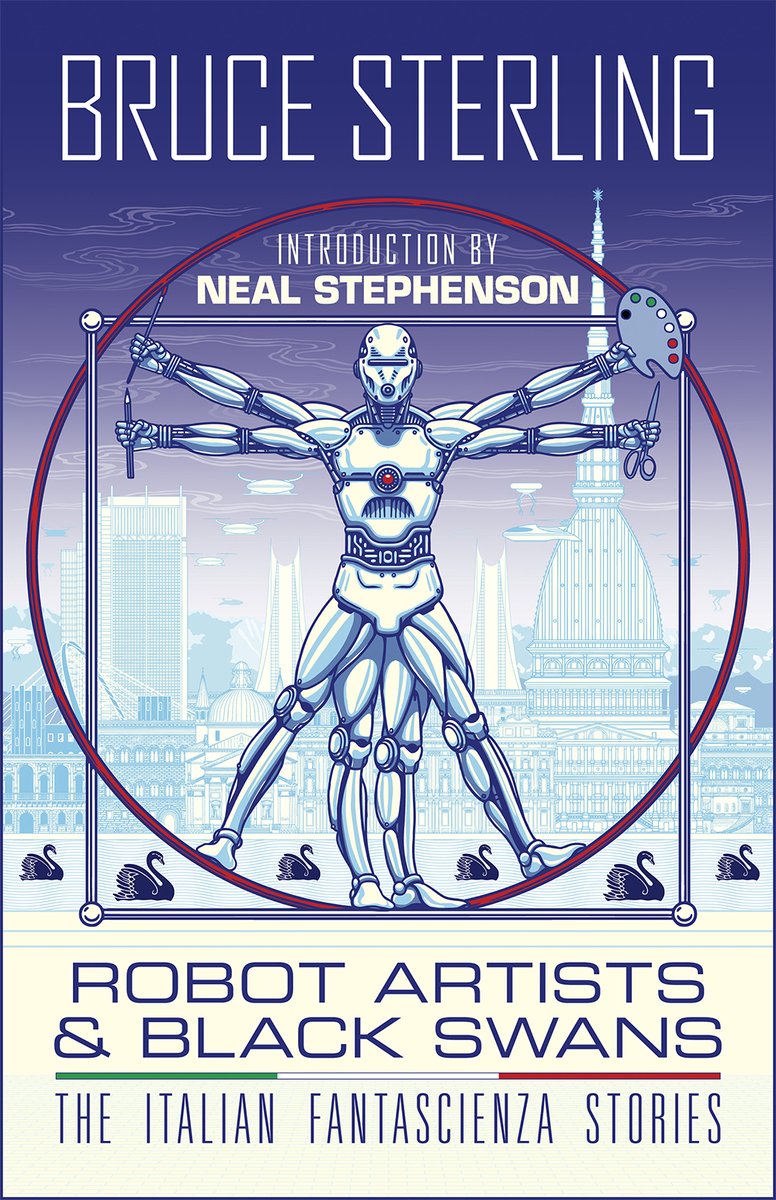
Enchanted Tale of Beauty and the Beast at Tokyo Disneyland adventurelandia.tumblr.com/post/649581175…
Enchanted Tale of Beauty and the Beast at Tokyo Disneyland adventurelandia.tumblr.com/post/649581175…
Enchanted Tale of Beauty and the Beast at Tokyo Disneyland adventurelandia.tumblr.com/post/649581175…
Enchanted Tale of Beauty and the Beast at Tokyo Disneyland adventurelandia.tumblr.com/post/649581175…
Enchanted Tale of Beauty and the Beast at Tokyo Disneyland adventurelandia.tumblr.com/post/649581175…
• • •
Missing some Tweet in this thread? You can try to
force a refresh









